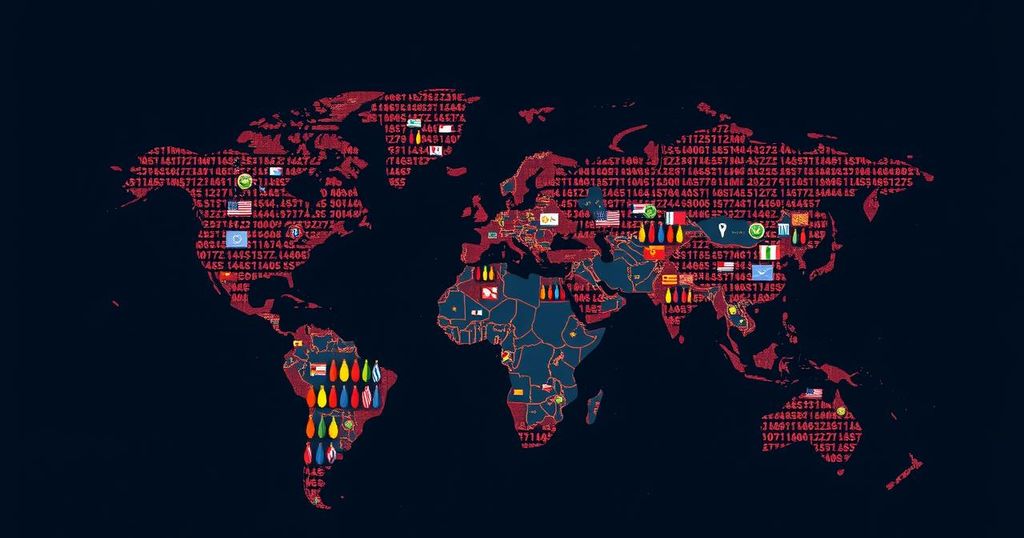Former President Donald Trump’s re-election may herald a shift away from US-led globalisation, prompting nations to pursue independent paths for cooperation. The G20’s relevance is called into question amid growing platforms like Brics, which champion a more inclusive international order. Initiatives such as the Belt and Road Initiative signal the rising influence of China and the Global South, challenging the traditional Western-centric model of globalisation.
In the wake of former President Donald Trump’s potential second term, there is a growing belief that his leadership could signify a turning point for globalisation, particularly one that no longer requires American stewardship. The current global environment, highlighted by the recent G20 summit in Rio de Janeiro, showcases an urgent need for nations to seek alternative frameworks to support international cooperation amid evolving global dynamics. Trump’s known opposition to multilateral engagements may further diminish the efficacy of established platforms like the G20, prompting a search for new alliances that better represent the interests of the Global South.
The emergence of groups such as Brics—comprising Brazil, Russia, India, China, and South Africa—indicates a significant shift towards establishing alternative global economic structures. The recent Brics summit in Kazan, Russia, reinforced this bloc’s commitment to fostering development that aligns with non-Western perspectives. The Kazan declaration’s emphasis on inclusivity and equitable growth highlights a collective desire to reshape the global economic discourse, positioning the Brics nations as key players in a potentially new world order.
Furthermore, initiatives like China’s Belt and Road Initiative, underscored by the inauguration of Chancay Port, emphasize an expanding network of economic cooperation, particularly within the Asia-Pacific region. This illustrates China’s strategic intent to deepen partnerships that enhance economic connectivity, indicating a clear shift towards a multipolar world where Western dominance is challenged. Western analysts express concerns regarding these developments, viewing them as significant threats to the existing international framework that has historically favored American leadership.
The article discusses the implications of Donald Trump’s re-election on globalisation and international order. It frames the current geopolitical climate marked by his aversion to multilateralism and analyzes the responses from nations and blocs like Brics. The rise of alternative platforms signifies a possible decline of the Western-centric order, prompting discussions on the need for new international frameworks that prioritize inclusivity and equitable economic growth across diverse regions.
In conclusion, Trump’s potential re-election could disrupt the established norms of US-led globalisation, pushing nations towards the creation of new frameworks of cooperation. The emergence of alternative platforms such as Brics, coupled with significant initiatives like the Belt and Road Initiative, underscores a shift towards a more inclusive and multipolar world. This transition may not only reconfigure international relations but also pose challenges to the long-standing dominance of Western influence in global affairs.
Original Source: www.scmp.com






